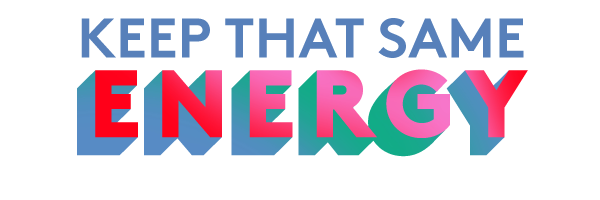Between a global pandemic that resembles the stuff you might see in apocalyptic movies and an administration that has done nothing but stoke racial tensions in light of horrible acts of police violence against the Black community, it’s not completely out of the question to want to, simply, reboot 2020. Ctrl+Alt+Del, right? It’s something that Danielle Cadet, host and managing editor of R29's Unbothered, has been grappling with on the latest episode of Go Off, Sis.
AdvertisementADVERTISEMENT
“When we started this podcast, we said 2020 got our order wrong, but I’ve been asking myself, maybe it didn’t — maybe this is the order we never knew we needed,” she says. “There’s a reckoning happening right now...more than ever, we’ve been talking about what we as a Black community need, what we deserve, and how we want to move forward — it’s a time for us all to reflect on what allyship really is.”
And allyship is more than declaring Black Lives Matter or posting black squares — it’s about “action and putting their money where their mouth is,” Cadet continues. “This performative allyship, quite frankly, has made people more angry than silence.”
For Kathleen Newman-Bremang, host and senior writer for Refinery29 Canada, allyship means friends who are on the front lines with her, who can not only offer support, but also act as a shield against blowback. “One of my best friends is a white woman, and she has been so loud on social media — she gets in there in the comments; she fights so I don’t have to, and that, to me, is an ally," she says. “I don’t trust that this isn’t just going to be a trend for certain people. For all of us, it can’t be. It’s our lives.”
This endless fight for equality and social justice can be exhausting, but especially so when it creeps into your place of work (Refinery29 included), when your company is looking to you and the handful of other Black employees for the answers to all these problems. “It feels like a reckoning because we’re all coming together and using those voices together, and it’s so loud right now,” Newman-Bremang says. “And that’s beautiful.”
The hosts go on to discuss why the BIPOC label could be problematic, why specificity in Blackness is important, and what it means to be an ally in an interracial relationship. Listen to the full episode, below.
AdvertisementADVERTISEMENT








